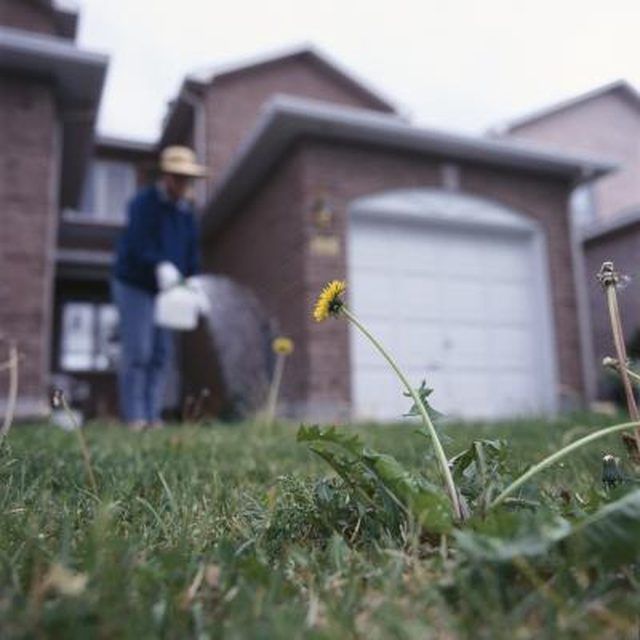Bulbs
Flower Basics
Flower Beds & Specialty Gardens
Flower Garden
Garden Furniture
Garden Gnomes
Garden Seeds
Garden Sheds
Garden Statues
Garden Tools & Supplies
Gardening Basics
Green & Organic
Groundcovers & Vines
Growing Annuals
Growing Basil
Growing Beans
Growing Berries
Growing Blueberries
Growing Cactus
Growing Corn
Growing Cotton
Growing Edibles
Growing Flowers
Growing Garlic
Growing Grapes
Growing Grass
Growing Herbs
Growing Jasmine
Growing Mint
Growing Mushrooms
Orchids
Growing Peanuts
Growing Perennials
Growing Plants
Growing Rosemary
Growing Roses
Growing Strawberries
Growing Sunflowers
Growing Thyme
Growing Tomatoes
Growing Tulips
Growing Vegetables
Herb Basics
Herb Garden
Indoor Growing
Landscaping Basics
Landscaping Patios
Landscaping Plants
Landscaping Shrubs
Landscaping Trees
Landscaping Walks & Pathways
Lawn Basics
Lawn Maintenance
Lawn Mowers
Lawn Ornaments
Lawn Planting
Lawn Tools
Outdoor Growing
Overall Landscape Planning
Pests, Weeds & Problems
Plant Basics
Rock Garden
Rose Garden
Shrubs
Soil
Specialty Gardens
Trees
Vegetable Garden
Yard Maintenance
How to Use Roundup Without Killing Precious Plants
How to Use Roundup Without Killing Precious Plants. Roundup is the trade name of a product containing as its active ingredient the chemical glyphosate. It is a systemic herbicide and moves through the plant's tissues via its vascular system. The leaves absorb it, it moves to the roots, and then back to the leaves. It mixes thoroughly with the...

Roundup is the trade name of a product containing as its active ingredient the chemical glyphosate. It is a systemic herbicide and moves through the plant's tissues via its vascular system. The leaves absorb it, it moves to the roots, and then back to the leaves. It mixes thoroughly with the plant's tissues and increases Roundup's effectiveness.
Things You'll Need
Canvas or plastic tarp
Ascertain the current wind speed and direction before spraying with Roundup. Generally speaking, do not spray Roundup for weed control when the wind speed is greater than 7 mph. If desired vegetation is right next to the weeds you are treating, lower this threshold to 2 to 3 mph. Even small amounts of the product can kill desirable plants; always spray when winds are either calm or very light.
Spray the plant thoroughly so its foliage is covered with the product, but do not spray so much on that it drips off the leaves onto the ground below. The excess Roundup can travel into the ground water and affect desirable plants.
Cover organic and non-organic mulch with a tarp if applying a large amount of Roundup to weeds growing above either of these types of mulches. Although Roundup binds to soil and other organic matter, it can sometimes become unbound from soil or mulch and affect wanted plants. This happens most often in flood situations, or in heavy rains that result in standing water. Do not apply Roundup to vegetation over organic mulch just before a rainstorm. Try to apply it when no rain is predicted for several days.
Do not allow Roundup to drift onto concrete or asphalt, especially if the path is sloped and desired vegetation is growing at the terminus. Heavy rain or overhead irrigation can move the Roundup down the concrete or asphalt directly into the plants you want to keep.
Tips & Warnings
Inorganic mulches, such as gravel or decorative rocks, do not bind with Roundup, which causes it to run off these materials. To avoid harm to plants you wish to keep, do not apply Roundup when standing water is present or when rain is expected within at least 10 days to plants growing above inorganic mulches.